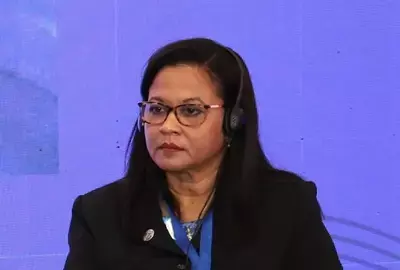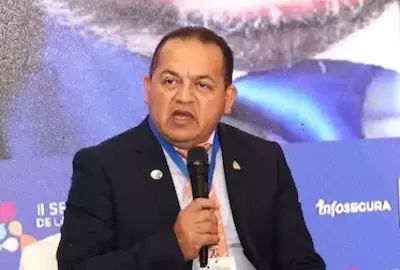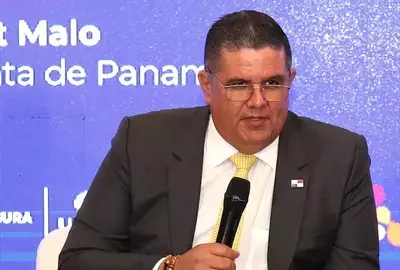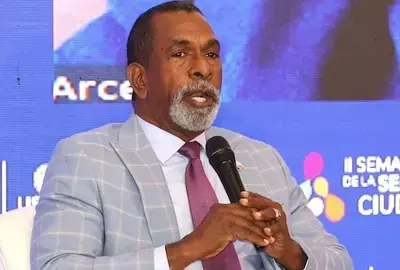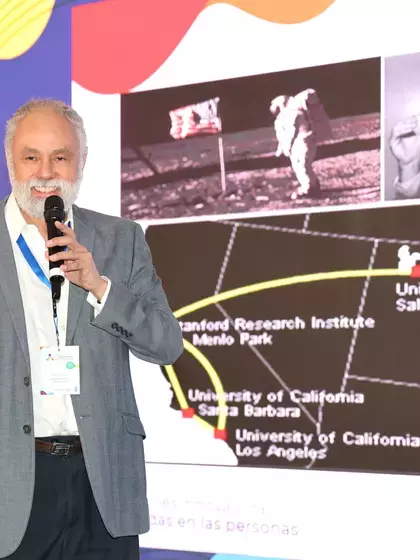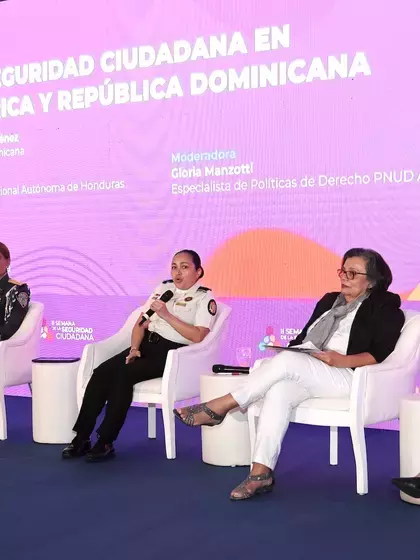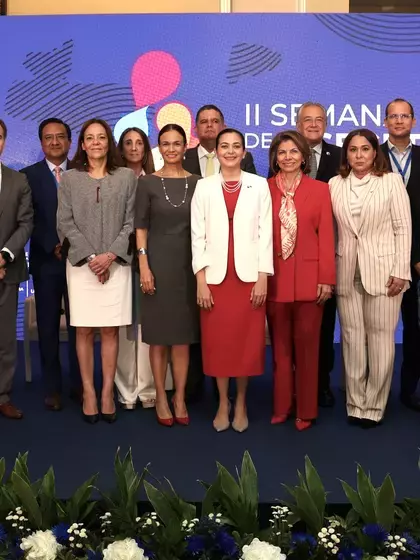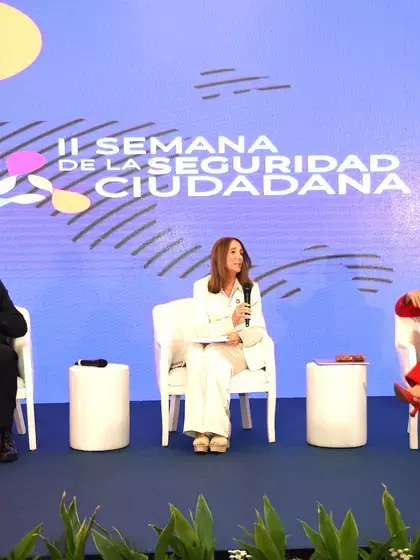
InfoSegura facilitates dialogue among Ministers of Security
Inaugural addresses by Laura Chinchilla and Oscar Naranjo were followed by ministers in the area of citizen security. Decision- makers had a high-level dialogue, sharing experiences, gains and challenges implementing citizen security policy in the region.
They shared their achievements, challenges and goals. They agreed regarding the importance of forming partnerships to counteract insecurity and shared lessons to adapt the strategies to local conditions in each country for greater impact.
The dialogue moderator was former Vice President of Panama Isabel de Saint Malo, who celebrated the event organized by InfoSegura that provided an opportunity to share experience. She emphasized the importance of consolidating progress achieved and of facing common challenges in citizen security. The questions she directed at the ministers covered topics such as digital transformation, gender approach in public policies and a territorial perspective.
CEO Ministry of Home Affairs and New Growth Industries of Belize Sharole Carr was the first to respond. She was asked to outline the ongoing digital transformation process in her country. She shared the main lessons learned once the digitalization process was underway. First, she drew attention to the importance of clarity in setting out the needs in the initial phase of this kind of process. Then, she stressed the need to have a dedicated project manager for each initiative. Finally, she highlighted the importance of solid leadership and inter-ministry coordination for implementation to be successful.
Mainstreaming gender in policy was discussed by Gustavo Sanchez, Secretary of State in the Office of Security of Honduras. The Honduran high-official explained it started with thethe Secretariat for Security's open data system that can be accessed on the internet, which analyses indicators on violence, insecurity and risk factors in the 298 municipalities across the country. A specific tool on the system is for presenting information on violence against women and girls at the municipal level.
The portal collects data from a variety of institutions. This was made possible thanks to the support of the UNDP and USAID InfoSegura Project.
Secretary of State Sanchez announced the upcoming 114-hotline for violence against women and girls. “This will be more than a means for reporting incidents, more comprehensive,” he said. In addition to contact with on-duty police and squad cars, medical professionals, social workers, psychologists and nurses will be available to provide comprehensive care.
The Honduran high official also brought to mind the recent launch ceremony of the MARIA chatbot and acknowledged InfoSegura's support. This confidential service is provided free of charge and is aimed at preventing violence against women, girls and adolescents. This project provides information that helps identify violence against women, as well as provide guidance on support services, legal counsel, emergency phone numbers and a security plan.
The next participant in the discussion was the representative of the host country, Panama's Minister of Public Security Juan Manuel Pino Forero. His intervention focused on the country's citizen security strategy, emphasizing the key significance of strategic partnerships in addressing challenges in the region.
Minister Pino Forero hailed collaboration with countries like Costa Rica and Colombia and the historic history of cooperation with the United States of America. He emphasized that these partnerships provide lessons that are, “fundamental in the development of effective policies for security.”
Arguing that it “tends to be difficult” to try to address regional challenges unilaterally, he advocated for comprehensive strategies. Minister Forero outlined the key pillars of Panama's National Security Strategy within this framework, which include countering drug trafficking, illicit weapons proliferation, organized criminal activity, common crime, and money laundering. The strategy further addresses capacity building initiatives, and measures to strengthen both security and prevention efforts in the context of migration.
In its prevention strategy, he pointed out, the Government of Panama has created comprehensive education centres for youth who have dropped out of school or crossed “dangerous limits.”
Representing Costa Rica, Ministro Public Security y Governance Mario Enrique Zamora was next. The moderator, former Vice President Saint Malo, requested that he describe the way territorial priorities had been incorporated in his country's public policies.
Minister Zamora stressed the importance of considering territorial factors in security policies. He suggested the creation of a space to promote liberty, citizen security and justice in the Central American region by collectively addressing the challenges of insecurity.
At the state level, it is imperative, he insisted, to upgrade and systematize security policies in order to effectively combat crime. He emphasized prevention is the key element in the recently adopted security policy in Costa Rica. He addressed the need for implementing social programs to mitigate inequities that exacerbate existing disparities and contribute to violent crime. Moreover, he noted that prevention measures should be informed by local circumstances.
With regard to issues in the territories, Zamora noted that certain areas in Costa Rica are more affected by common crime than transnational organized crime. He also underscored the significance of containing the penetration of the drug trade. This includes repressive police measures, but also preventive strategies. He initiated a challenge: creating social and economic conditions that are unfavourable for criminal bands, so that they are not profitable in the country.
Finally, Vice Minister of Interior Security of the Dominican Republic Jesus Maria Feliz spoke about the country's comprehensive citizen security “My safe country.” This focuses on two fundamental areas, explained Vice Minister Feliz. Prevention and migration on one hand, and prosecution and judicialization of crime on the other. “Prevention becomes an essential pillar,” he noted, “particularly in a country where 62 per cent of homicides have their origin in coexistence issues.” He explained that various public safety and social policy institutions work together to address issues related to children and youth. He emphasized the importance of intervening at that stage to prevent future violence.
“Although the Dominican Republic is not a drug-producing country, it faces constant challenges from international drug-trafficking, particularly from South America,” said Vice Minister Feliz, who acknowledged that by collaborating, institutions in charge of national security and public safety have been effective in countering this problem.
The Dominican government is now prioritizing the fight against micro trafficking, which has taken over vulnerable territories. The strategy addresses the fundamental causes of violence by focusing on job insertion and training to prevent youth from falling into the hands of micro trafficking,” he finished.
In conclusion, during the high level discussion there emerged a wealth of experiences and approaches from throughout the region to address the challenges de citizen security. The Ministers emphasized that regional cooperation and adapting to local circumstances are crucial to achieving significant progress in the Central American region.

